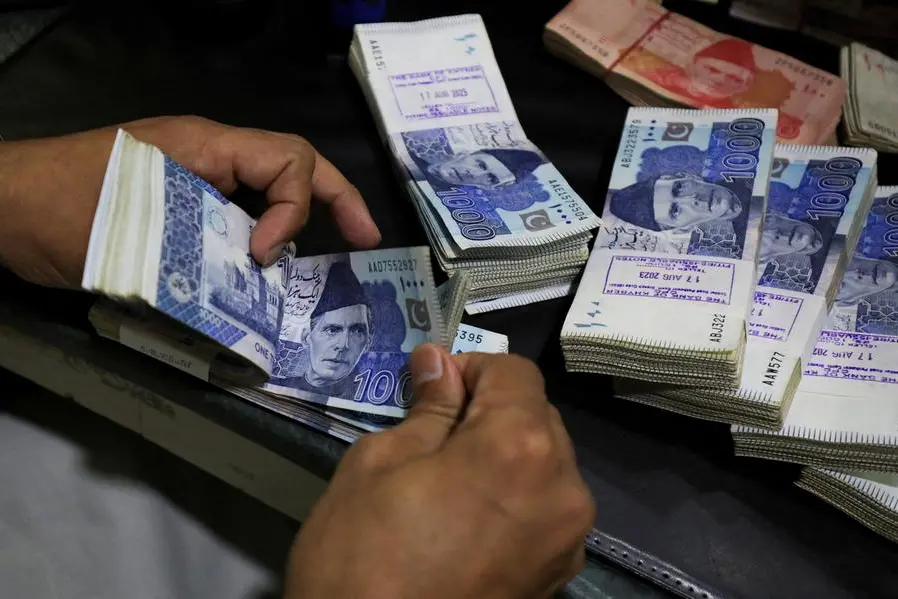PHOTO
KARACHI, Pakistan - Soya Supreme, one of the largest cooking oil manufacturers in Pakistan, is planning an initial public offering, officials said on Friday, as the company looks to expand its business to the Middle East and North Africa.
It would be the second IPO during a turbulent year for the Pakistan Stock Exchange (PSX) due to economic and political uncertainty ahead of a general election due by the end of November, with interest rates at an all time high.
In 2022 there were only three public listings, raising 1.3 billion rupees ($4.3 million) - the lowest in nine years.
Soya Supreme, set up in 1991, will determine the IPO's timing based on market conditions, Ahmad Ghulam Hussain, CEO of Agro Processors & Atmospheric Gases (APAG), the parent company of the brand Soya Supreme, told Reuters.
"The board has authorised the management to appoint HBL and KTrade to initiate the process of an IPO," Hussain told Reuters. HBL is a local bank and KTrade a brokerage.
He did not disclose how much the company is looking to raise, nor the valuation, saying they were subject to board approval, but added that there would be no sale of existing shares.
Pakistani manufacturers use imported raw material and in 2022, $3.7 billion worth of soyabean and palm oil was imported. The Pakistan Vanaspati Manufacturer's Association says 3.7 million to 4 million tonnes of oils and fats were produced in 2022.
Soya Supreme recently expanded into specialised industrial fats to cater to demand from local food companies in the face of import restrictions in the country.
It is also exporting specialised fats to the Middle East and North Africa region, Hussain said.
In addition to cooking oil, the brand has a line of sauces.
This year, Dalda, Pakistan's biggest consumer staple, announced plans for an IPO to raise between 3.3 to 4.6 billion rupees. At 4.6 billion rupees, it would be the largest IPO by a consumer staple company.
Dates for Dalda's IPO are yet to be announced.
($1 = 304.8800 Pakistani rupees)
(Reporting by Ariba Shahid in Karachi; Editing by Emelia Sithole-Matarise)




















